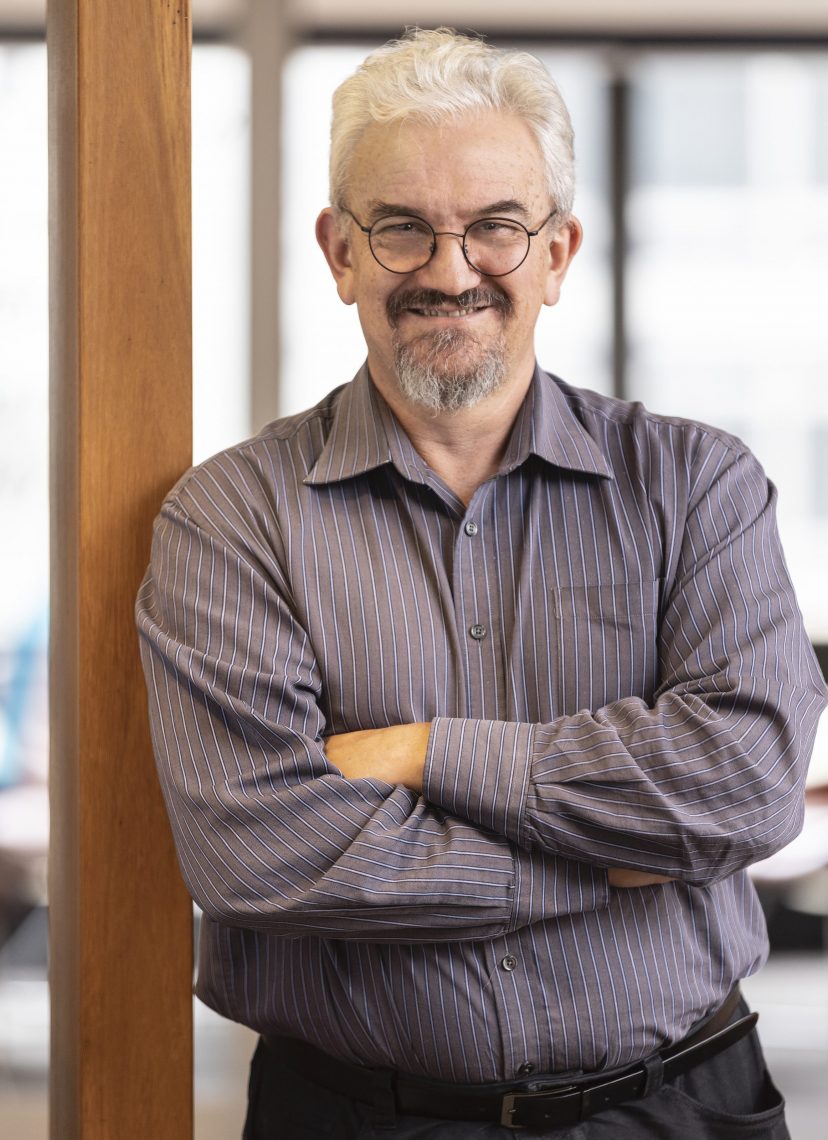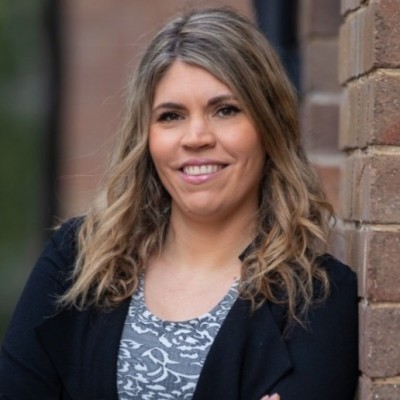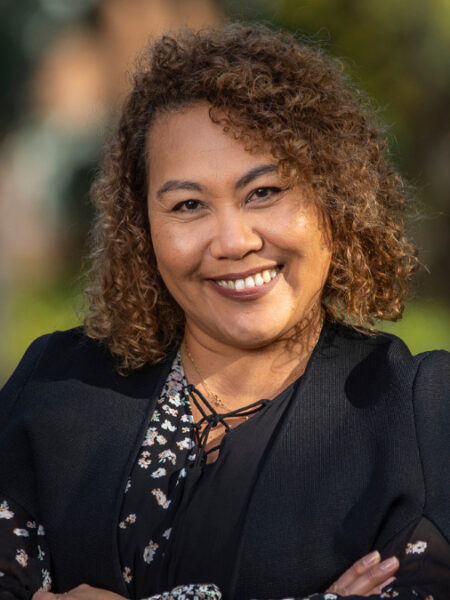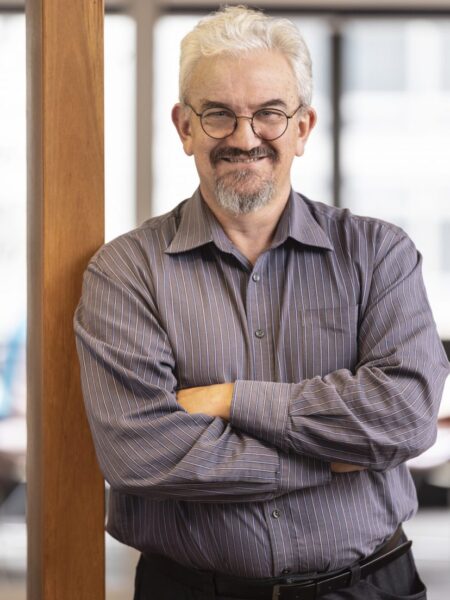The idea for the day (now week) of observance goes back to William Cooper’s letter, as representing the Australian Aborigines Progressive Association, to provide for a day of recognition of Aboriginal and Islander peoples as a companion to the Day of Mourning. Interestingly, its focus was on the churches – those collaborators of the invading British Empire – to be used for sermons.
27 December 1937 William Cooper wrote:
The Australian Aborigines’ Progressive Association (AAPA) of New South Wales has called on all aborigines in the advanced stages of civilisation and culture to observe a DAY OF MOURNING concurrently with the white man’s DAY OF REJOICING to celebrate the 150th year of the coming of the white man to Australia. The aborigines, by this means, hope to call the attention to the present deplorable condition of all aborigines, of whatever stage of culture, after 150 years of British rule. It is expected that such action will create such sympathy on the part of the whites that full justice and recompense will follow.
You can read the full letter at the end of the blog.
It is believed that a few churches took up the challenge around 1940 and ‘Aborigines Day’ was nationally observed after the Second World War. The leaders of the movement moved the day to the first Sunday of July in the late 50s and in 1991 the name changed to the National Aborigines and Islanders Day Observance Committee (NAIDOC) to recognise Torres Strait Islanders and observance was expanded to a whole week. Celebration is combined with protest – with NAIDOC events and marches occurring throughout the week across the country. The themes for each year have ranged from the political (“Treaty -let’s get it right “and “Self-determination: Our Community—Our Future—Our Responsibility”) to the respectful honouring of Elders (“Honouring Our Elders, Nurturing Our Youth”) and women leaders (“Because of her we can”).
But what does NAIDOC week mean for us non-indigenous folk given it is by and for the First Nations peoples? We can observe and listen respectfully, we are even invited to participate as witnesses in solidarity. For me, it is a time for reflecting on what we could be if the NAIDOC theme was what the whole nation was about. Like this year’s theme – “Voice, Treaty, Truth”.
Imagine if we all listened to the voices of First Nation peoples, about their aspirations and history of resistance – in fact, what if their voice was the decision making one rather than the rasping, grating and uninformed voices of government and bureaucracy. Imagine if we had treaty/treaties which bound us as a nation – no longer built on the weak, divisive and illusionary foundations of the Federation of a bunch of British colonies but on the over-60 000 years of First Nations culture.
Imagine if we dared to hear the truth – the truth that a proud and sophisticated civilisation, the oldest continuing civilisation on Earth, was invaded, not settled; the truth that despite the violent and traumatic nature of that invasion that the First Nations peoples have proved resilient; and the truth that the dispossession of the First Nations without consent or treaty means that sovereignty remains an unsettled question.
As long as we celebrate that invasion, as long as our flag retains the symbol of invasion, as long as we lie when we sing our anthem about being ‘young and free’, we will remain a nation with arrested development. But if we listen and learn about the truth of our past and present from the First Nations we may, if we respect their rights to self-determination, one day become a nation we can all be proud of. Then it would be NAIDOC all year round.
W. Cooper Hon. Sec., AAL, 43 Mackay Street, Yarraville, 27 December 1937.
Australia Day 1938 Aborigines’ Day of Mourning
The Australian Aborigines’ Progressive Association (AAPA) of New South Wales has called on all aborigines in the advanced stages of civilisation and culture to observe a DAY OF MOURNING concurrently with the white man’s DAY OF REJOICING to celebrate the 150th year of the coming of the white man to Australia. The aborigines, by this means, hope to call the attention to the present deplorable condition of all aborigines, of whatever stage of culture, after 150 years of British rule. It is expected that such action will create such sympathy on the part of the whites that full justice and recompense will follow.
The “DAY OF MOURNING” has been endorsed by the Australian Aborigines’ League, the Victorian body, which also looks after Federal matters, and it is expected that meetings will be held at a number of places and suitable resolutions passed. This League now asks the Christian community to help us in another way.
We know that sympathy with the aborigines is widespread and growing and, because the aboriginal knows that the goodwill of the whiteman is essential to success they seek to justify the continuance of this sympathy. We now ask all Christian denominations to observe Sunday, 3rd January as ABORIGINES’ DAY. We request that sermons be preached on this day dealing with the aboriginal people and their need of the gospel and response to it and we ask that special prayer be invoked for all missionary and other effort for the uplift of the dark people.
We regret the unavoidable delay in submitting our request, which was not avoidable in all the circumstances, but we feel that a suitable notice from you in your church press will give that wide publicity that is so essential.
Very sincerely yours,
W. Cooper.




